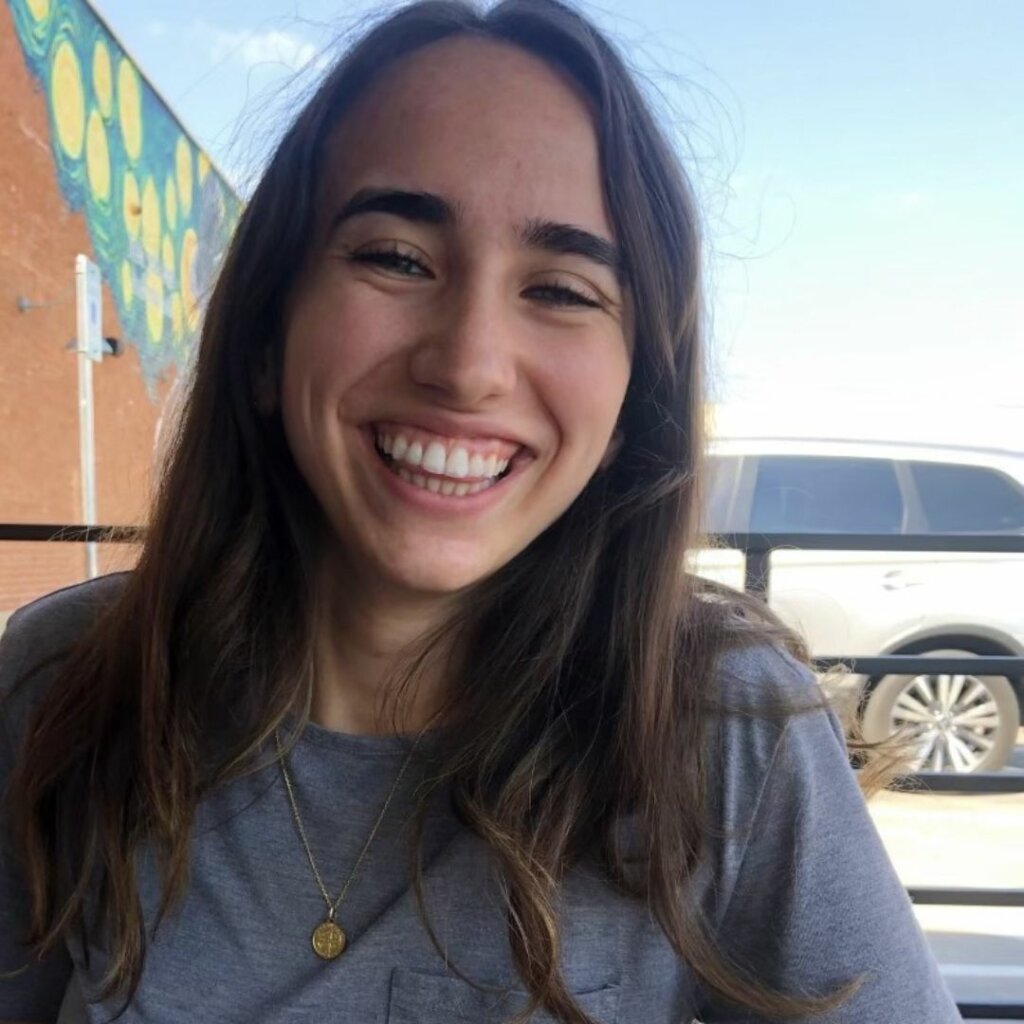A Piece of the Puzzle

WC grad likes the challenge of working on potential treatments for Type 1 Diabetes.
Most families have a toaster, a coffee machine, a blender, or even a microwave oven in their kitchen.
Sheridan Mikhail (WC ‘18) grew up with a microscope in hers.
“My parents (Adel and Kelly) made science exciting for us,” said Mikhail, who is pursuing her PhD in immunology at the University of Michigan. “I vaguely remember dissecting a flower and looking at it under a microscope that seemed to live on our kitchen countertop.
“My dad (a chief scientist for Gnome Sciences) always presented science in a way that was very accessible to us, even with complicated ideas. He would talk about these complex molecular functions very casually.”
As a part of her degree, Mikhail is working on a project to target CLEC16A protein domains (or regions within the protein) for treating Type 1 Diabetes. She hopes to find a clue that could be used to treat the disease that affects close to 38 million Americans (11.3 percent of the U.S. population).
“We focus on the genetic causes of Type 1 Diabetes (T1D),” Mikhail said. “The CLEC16a gene is important for mitochondrial health in the cell. If mitochondria are the cell’s powerhouse, CLEC16a is one of the managers of that powerhouse.
“Diabetes is a disease of the beta cells in the pancreas. Some people who develop Type 1 Diabetes (D1D) have a mutation in CLEC16a that causes mitochondria dysfunction and then beta cell death, contributing to the disease.”
Initially, Mikhail was reluctant to be a part of a research team tackling diseases like diabetes or cancer because the field of study is so vast.
“Diseases like diabetes and cancer are so big and so complex,” she said. “It can feel like you’re standing on this little island of research.”
However, Mikhail found the perfect project to participate in at Michigan.
“I really like the environment,” she said. “The lab mentor had this project that’s interesting to me. We’re studying this protein that potentially may be targeted for treatments.
“Diabetes is an unfair disease; it doesn’t affect everyone in every walk of life at the same rate. It affects different groups of people, especially those in a lower income situation. What we’re doing could impact people who are more vulnerable to the disease.”
Mikhail feels her Worthington Christian teachers and administrators helped prepare her for Michigan and Baylor University, where she earned bachelor’s degrees in economics and biology.
“I feel I’m one of a few people who can actually write scientific papers that are accessible to people who are not in the scientific field,” she said with a laugh.
“I appreciated all the teachers there and still talk to some of them. (Former principal) Buzz Inboden let me make my own path. I don’t think I would have gotten that at another high school.”
Yet the former valedictorian admits she struggled in her first college science class. After earning all As in high school, Mikhail struggled to scratch out a C in a genetics class.
“I was so embarrassed because I felt like excelling in and understanding science was my identity,” she said. “At the time, I was just devastated. I remember taking a test and just sitting there, thinking, ‘I don’t know this.’
“In all my interviews, they look at my transcripts and ask me to explain this grade in genetics. I tell people that’s where I learned how to study, think outside of the box, and read a textbook (at the college level).”
While she may have earned a C in the class, Mikhail walked away with a swell consolation prize – meeting her fiancée, Brandon Swinney.
“I sat next to him and hated him,” she said. “I struggled in this class, and he was breezing through it. We slowly became friends through that.”
